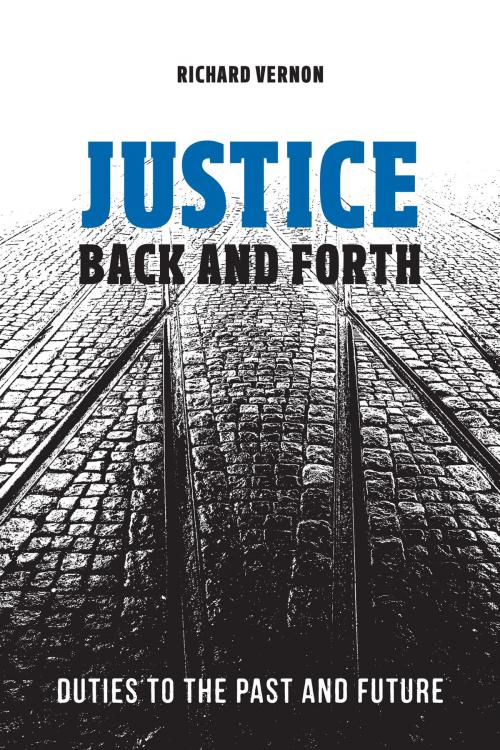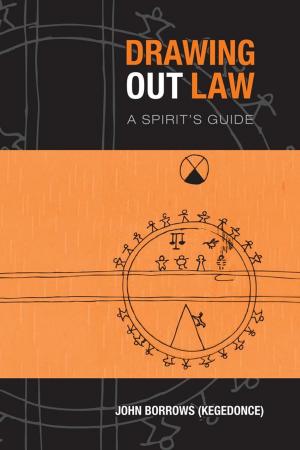Justice Back and Forth
Duties to the Past and Future
Nonfiction, Social & Cultural Studies, Social Science, Cultural Studies, Native American Studies, Political Science, Politics, History & Theory, Reference & Language, Law| Author: | Richard Vernon | ISBN: | 9781487510510 |
| Publisher: | University of Toronto Press, Scholarly Publishing Division | Publication: | November 14, 2016 |
| Imprint: | Language: | English |
| Author: | Richard Vernon |
| ISBN: | 9781487510510 |
| Publisher: | University of Toronto Press, Scholarly Publishing Division |
| Publication: | November 14, 2016 |
| Imprint: | |
| Language: | English |
Ideas of justice have traditionally focused on what individuals owe to one another and have drawn our attention to what is considered fair – what one of us owes to another is justly matched by what the other owes to them. However, what does justice require us to do for past and future generations?
In Justice Back and Forth, award-winning author Richard Vernon explores the possibility of justice in cases where time makes reciprocity impossible. This “temporal justice” is examined in ten controversial cases including the duty to return historical artifacts, the ethics and politics of parenting, the punishment of historical offences, the right to procreate, and the imposition of constitutions on future citizens. By deftly weaving together discussions on historical redress and justice for future generations, Vernon reveals that these two opposing topics can in fact be used to illuminate each other. In doing so, he concludes that reciprocity can be adapted to serve intergenerational cases.
Ideas of justice have traditionally focused on what individuals owe to one another and have drawn our attention to what is considered fair – what one of us owes to another is justly matched by what the other owes to them. However, what does justice require us to do for past and future generations?
In Justice Back and Forth, award-winning author Richard Vernon explores the possibility of justice in cases where time makes reciprocity impossible. This “temporal justice” is examined in ten controversial cases including the duty to return historical artifacts, the ethics and politics of parenting, the punishment of historical offences, the right to procreate, and the imposition of constitutions on future citizens. By deftly weaving together discussions on historical redress and justice for future generations, Vernon reveals that these two opposing topics can in fact be used to illuminate each other. In doing so, he concludes that reciprocity can be adapted to serve intergenerational cases.















